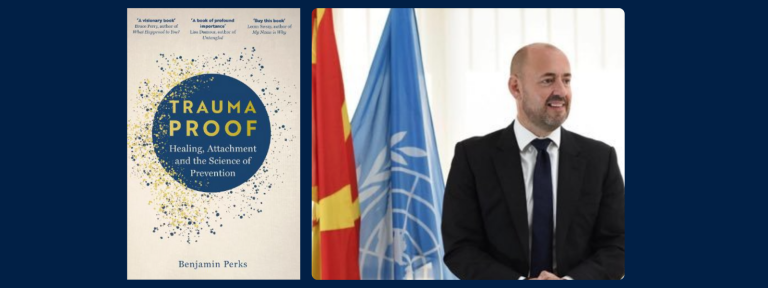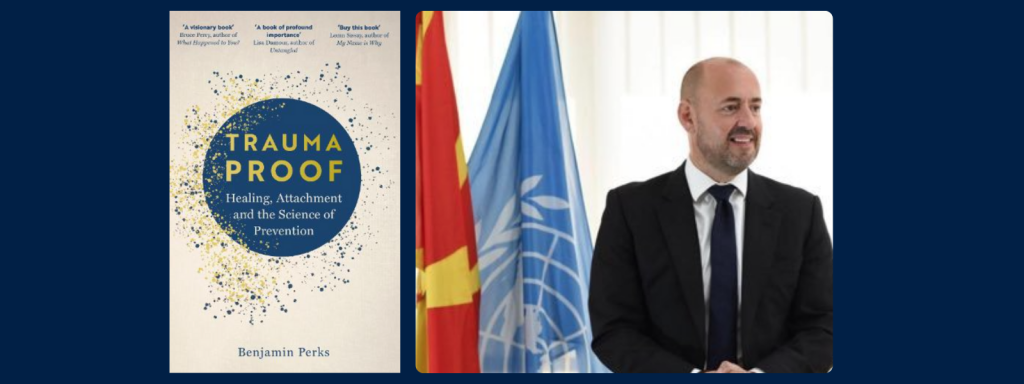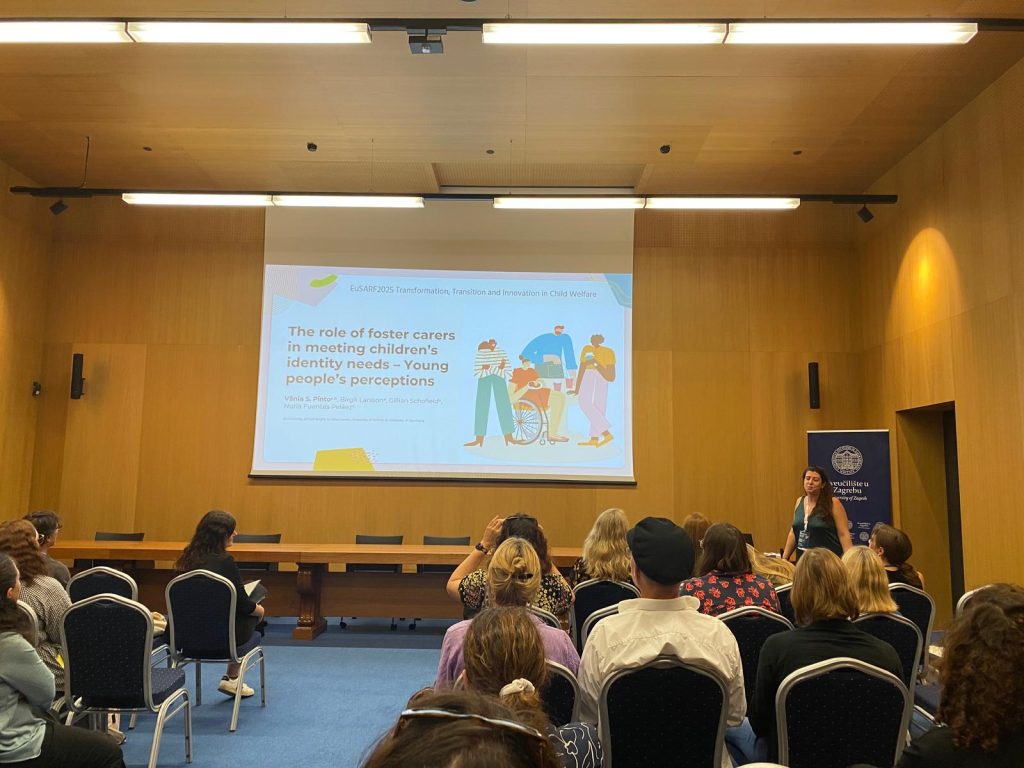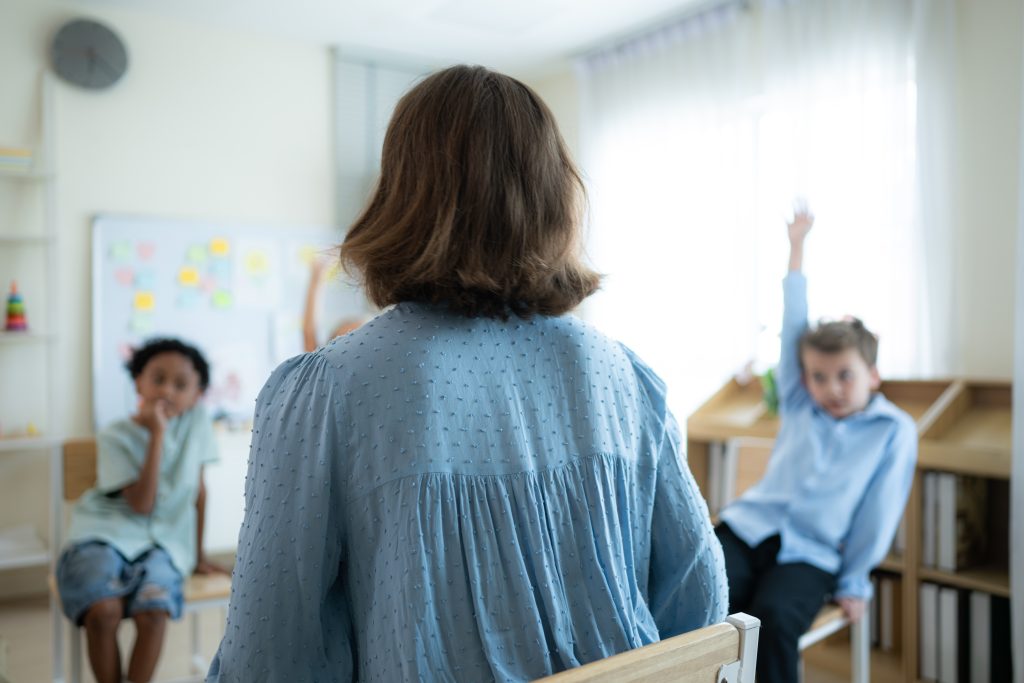
Ending child maltreatment: reflections on a Rees Centre webinar from Ben Perks
The issue
At a time when global attention often bypasses the quiet epidemics that affect millions, this webinar advocated that child maltreatment is priority example of such an epidemic and requires an urgent public health response.
The speaker
Benjamin Perks is Head of Campaigns and Advocacy at UNICEF, leading global efforts to promote child development and protection. He has served in senior UN roles in North Macedonia, Montenegro, Afghanistan, India, and more – advocating for human rights, education, and social reform. Notably, he led the Back-to-School campaign in Northern Afghanistan, enrolling 3 million children. His work spans child soldiers’ reintegration, disability inclusion, and early childhood development. Perks is a Senior Fellow at the University of Birmingham’s Jubilee Centre and Associate Faculty Member at University of Oxford’s Department of Social Policy and Innovation.
The webinar
Perks delivered a compelling session that placed child maltreatment at the very centre of global public health discussions. Titled Ending Child Maltreatment, the session drew inspiration from the Child Survival Revolution of the 1980s and made a strong case for a new movement: a Child Development and Protection Revolution.
Perks, a seasoned human rights diplomat and lifelong advocate for children’s welfare, reflected on how targeted interventions in the Child Survival Revolution – such as expanding vaccine coverage, promoting breastfeeding, preventing diarrhoea, and monitoring child growth – helped reduce global child mortality by 61%. That transformative period demonstrated that systemic global change is possible when action is collective and focused. Now, Perks argues, it’s time to use that same determination to prevent trauma and toxic stress in children, conditions just as deadly in their long-term effects.
“We are the first generation in history to know how to end toxic stress and trauma,” Perks said during the session, “and must be the last to accept it as an inevitable and insurmountable problem.” This perspective forms the foundation of his recent book Trauma Proof, which explores how adversity can be addressed through stronger relationships, systemic change, and informed support.
Perks discussed the updated understanding of the prevalence of Adverse Childhood Experiences (ACEs). While once believed to affect only 1-2% of the population, we now understand that nearly 50% of people have experienced some form of adversity during childhood. Around 13% have faced multiple, compounding adversities, experiences that shape not only mental and emotional health but also increase the risk of physical illness and exploitation across the lifespan (Felitti et al., 1998).
Perks presented several avenues through which meaningful progress might be made. Among them, he advocated for parenting programs as a particularly promising intervention, not only for improving child development outcomes such as speech and language, but also for enhancing parental wellbeing. When parents gain insight into how their behaviour influences their children’s emotional and neurological development, they can foster environments where love becomes a powerful agent of healing.
The role of schools was also emphasised as critical in this landscape. Perks highlighted the significance of secondary attachment figures, teachers and school staff, who may serve as consistent, caring adults in a child’s life. These relationships, often remembered well into adulthood, can provide children with a sense of stability and safety that supports both learning and healing. He stressed the importance of equipping school-based professionals with an understanding of trauma and child development to make the most of this potential.
In addition to parenting and education, Perks advocated for trauma-informed approaches across all levels of care and support, from general services to specialised interventions. Recognising how early experiences affect development is, he argued, foundational for designing systems that respond with compassion and effectiveness.
Perhaps one of the most important threads woven throughout the session was the idea that knowledge is key. While the impacts of trauma are vast, awareness is still uneven. Many people remain unaware of how deeply childhood adversity can shape a person’s life course.
Perks’ session offered more than just a presentation of challenges; it opened a space for reflection on what is known, what is possible, and how societies might better support the wellbeing of children. Informed by decades of field experience and research, his message invites a quiet but profound reconsideration of how we think about childhood, resilience, and the systems that shape them.
Areas of debate
Questions from the audience covered the appropriate balance between universal parenting programmes and those targeting parents and carers of children supported by social care services. Perks was also asked what mechanisms might be required to make steps towards preventing child maltreatment on a national or international scale, and at what levels; in particular, how crucial would be the role of local or national governments, or perhaps the role of local leaders and service providers?
What is the Rees Centre doing?
The Rees Centre is committed to the rights of children, particularly those with a need for care and protection, and to delivering independent research of the highest quality that supports the full realisation of these rights.
We are committed to research on systemic responses that would enable the range of professionals and carers to better identify and intervene early with children and young people who have experienced trauma. Our work focuses on developing and evaluating interventions which promote recovery through relational and restorative approaches, as well as more preventative work which helps identify ways to disrupt the factors which exacerbate trauma.
For example:
Other resources:
Felitti, V. J., Anda, R. F., Nordenberg, D., Williamson, D. F., Spitz, A. M., Edwards, V., Koss, M. P., & Marks, J. S. (1998). Relationship of childhood abuse and household dysfunction to many of the leading causes of death in adults: The adverse childhood experiences (ACE) study. American Journal of Preventive Medicine, 14(4), 245-258. https://doi.org/10.1016/S0749-3797(98)00017-8
Perks, B. (2024). Trauma Proof: Healing, Attachment and the Science of Prevention. https://www.waterstones.com/book/trauma-proof/benjamin-perks/9781804188347
Written by research officer Helen Trivedi









